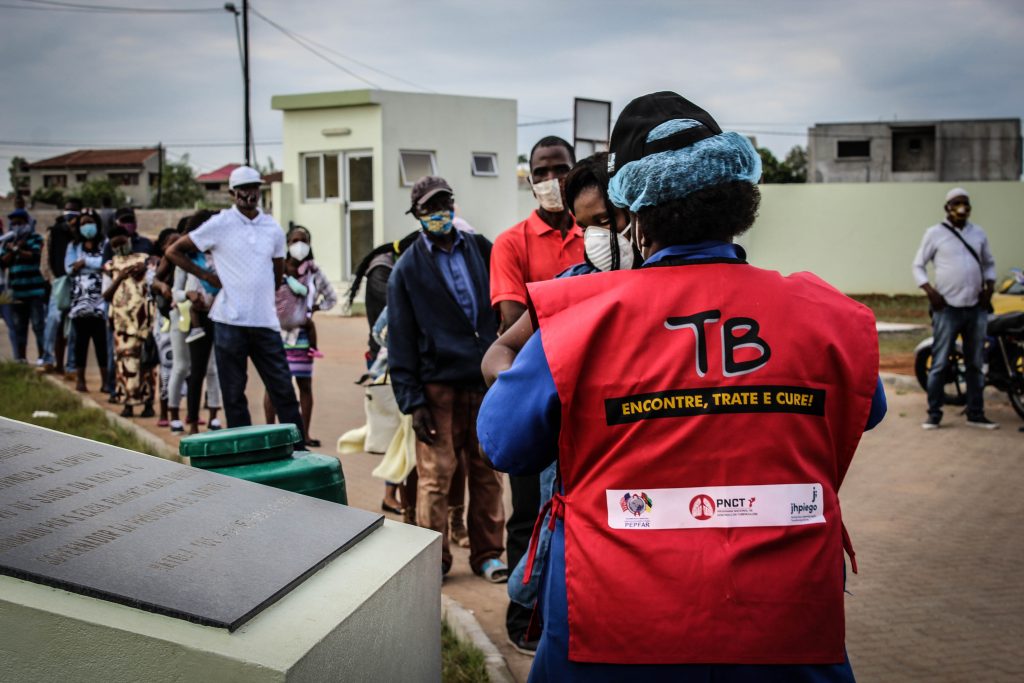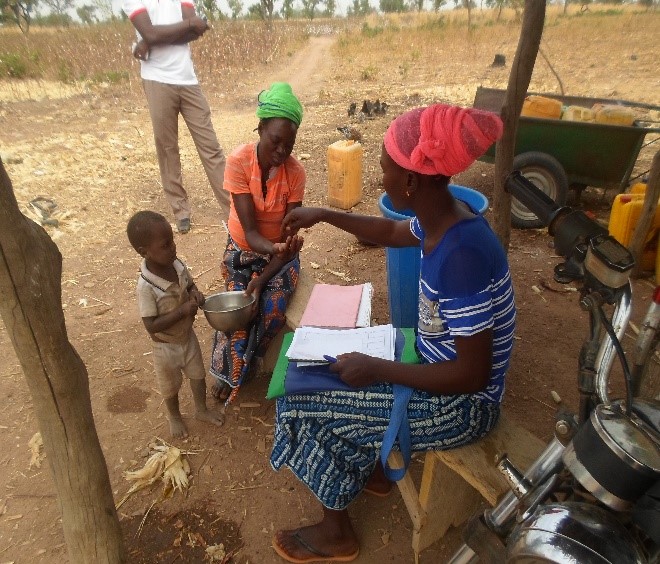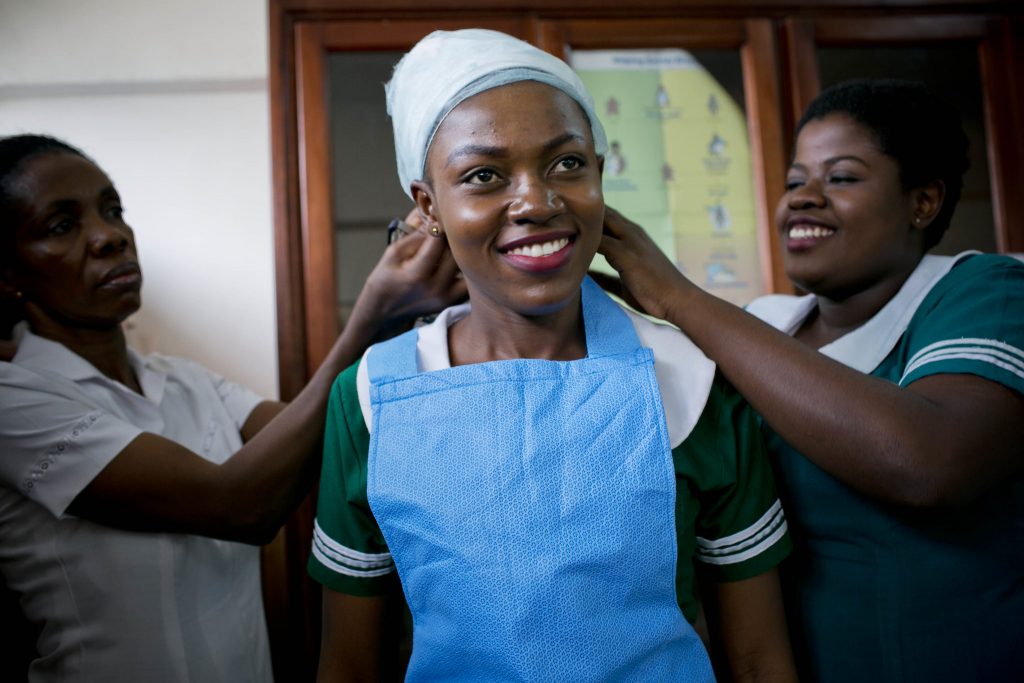
It was not business as usual this morning at the Matola C Health Center. Clients had to wear a mask and, upon their arrival, stand in a queue, maintaining a distance of at least one meter apart. Carolina Justino, wearing a bright red smock and navy blue cap, stood at the head of the line,

In Sinaperedouo, a village in the Sud-Ouest region of Burkina Faso, 28-year-old Bibata and her husband Issa, a 33-year-old gold miner, are overjoyed because Bibata is expecting a third child—and relieved to know that, thanks to the Jhpiego-led Improving Malaria Care (IMC) project, she will be protected against malaria throughout her pregnancy. The IMC project

Women make up 70% of the 200 million workers globally who contribute to the health and social sector, but women only hold 25% of leadership roles.1 What’s more, nearly half of women’s contribution to global health is informal or unpaid.1Norms related to job choice, division of household responsibilities, working conditions, institutional policies, and the presence, or






